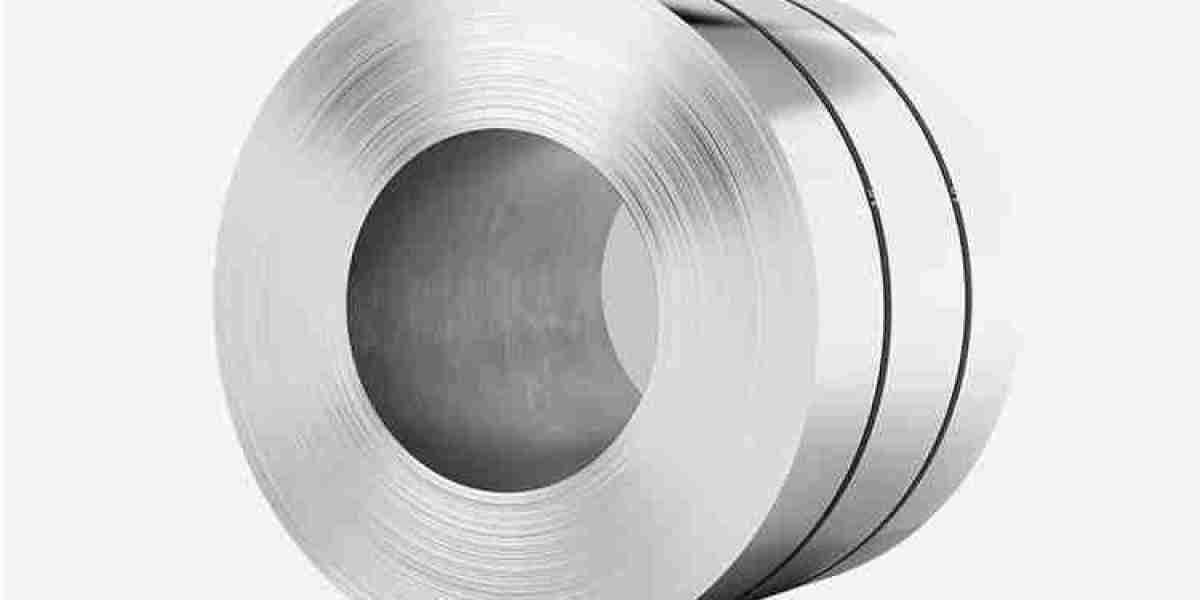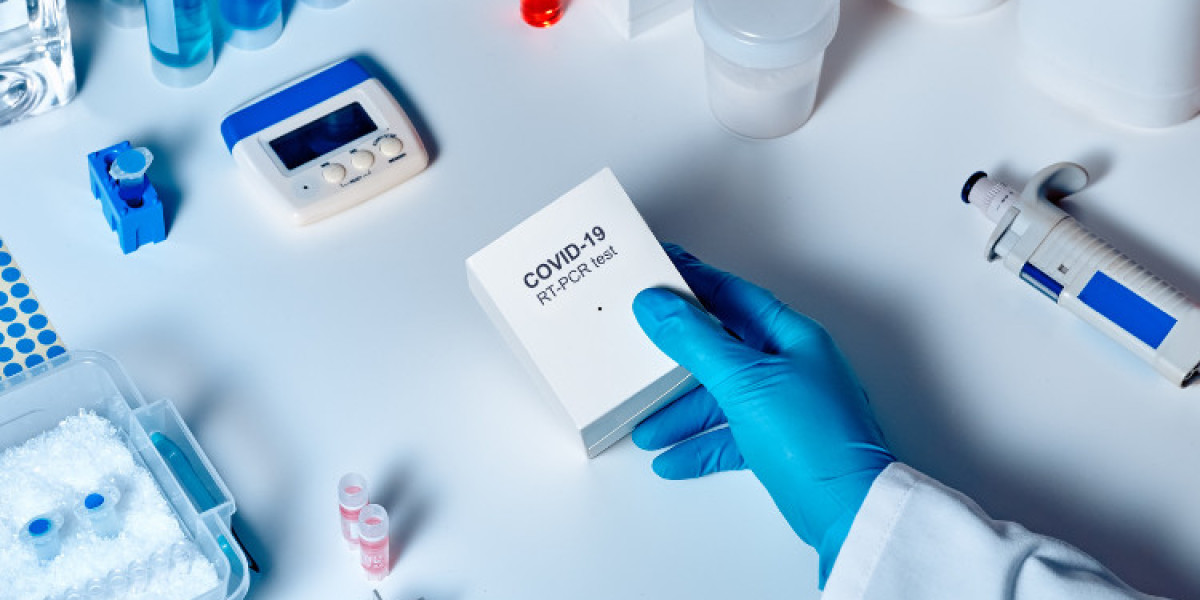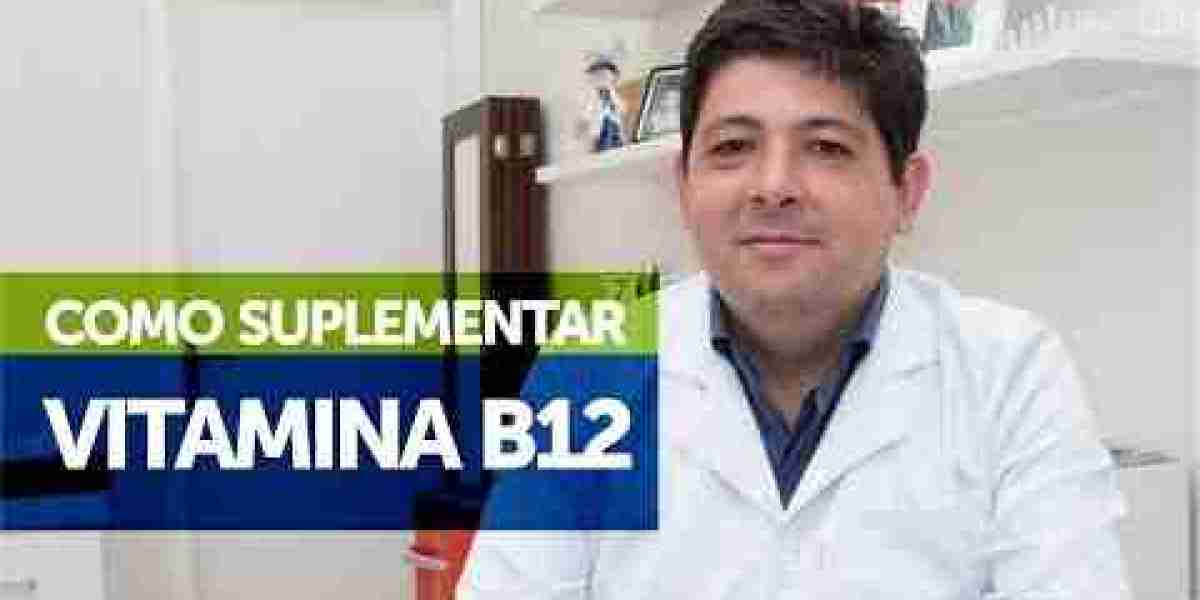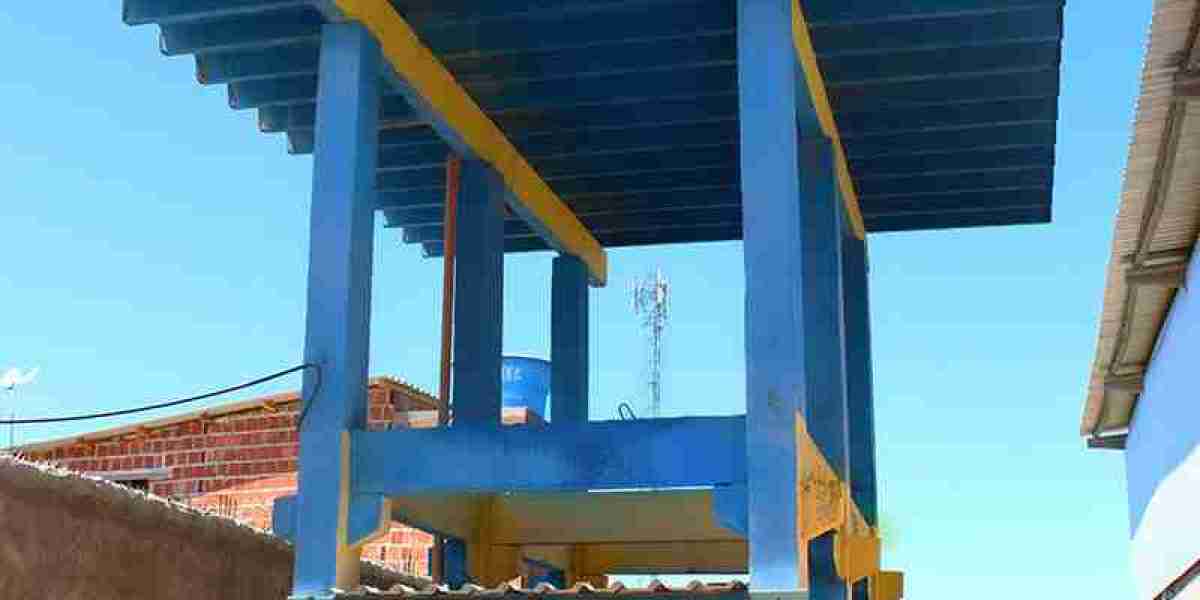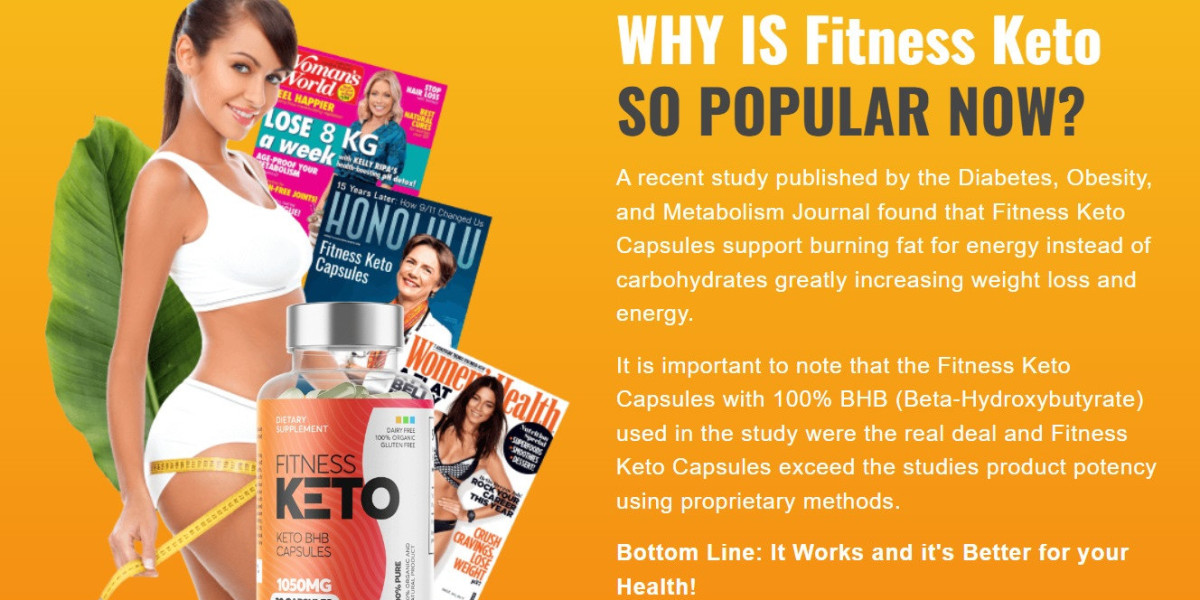1050 aluminum foil is a type of commercially pure aluminum, with a minimum of 99.5% aluminum content. It is widely used due to its excellent properties for applications like packaging, insulation, and electrical applications. Here are its key characteristics:
High Thermal and Electrical Conductivity
- 1050 aluminum foil is known for its high thermal conductivity, making it effective in heat-exchange applications.
- Its high electrical conductivity also makes it suitable for electrical and electronic components.
Corrosion Resistance
This aluminum alloy has excellent corrosion resistance, particularly against chemicals and atmospheric exposure.
It forms a natural oxide layer that protects it from oxidation.
Softness and Malleability
1050 aluminum is soft and highly malleable, which makes it easy to form, wrap, and shape.This property makes it ideal for applications that require a high degree of formability, like food packaging and insulation wrapping.
Non-Toxic and Odorless
It’s non-toxic and odorless, making it suitable for food packaging.
The foil does not react with food products, helping to maintain taste and freshness.
Reflectivity
1050 aluminum foil is highly reflective to both light and heat, which is useful in insulation and light-reflective applications.
It reflects up to 95% of radiant heat, which can reduce energy consumption in certain insulation applications.
Recyclability
Like other aluminum products, 1050 aluminum foil is recyclable and retains its properties through multiple recycling cycles.
Mechanical Properties
Tensile Strength: Around 50-100 MPa in its annealed state.
Hardness: Relatively soft in the annealed state, but it can be work-hardened to a moderate degree for increased strength.
Elongation**: It has good elongation, meaning it can be stretched without breaking easily.
Typical Applications
Food Packaging: Wraps, containers, and lids for food and beverages.
Heat Insulation: Insulating homes, HVAC ducts, and appliances.
Electrical Conductors: In transformers and cable wraps due to its conductivity.
1050 aluminum foil is favored for applications that require high purity, formability, and corrosion resistance, especially where food-safe or lightweight material is needed.
